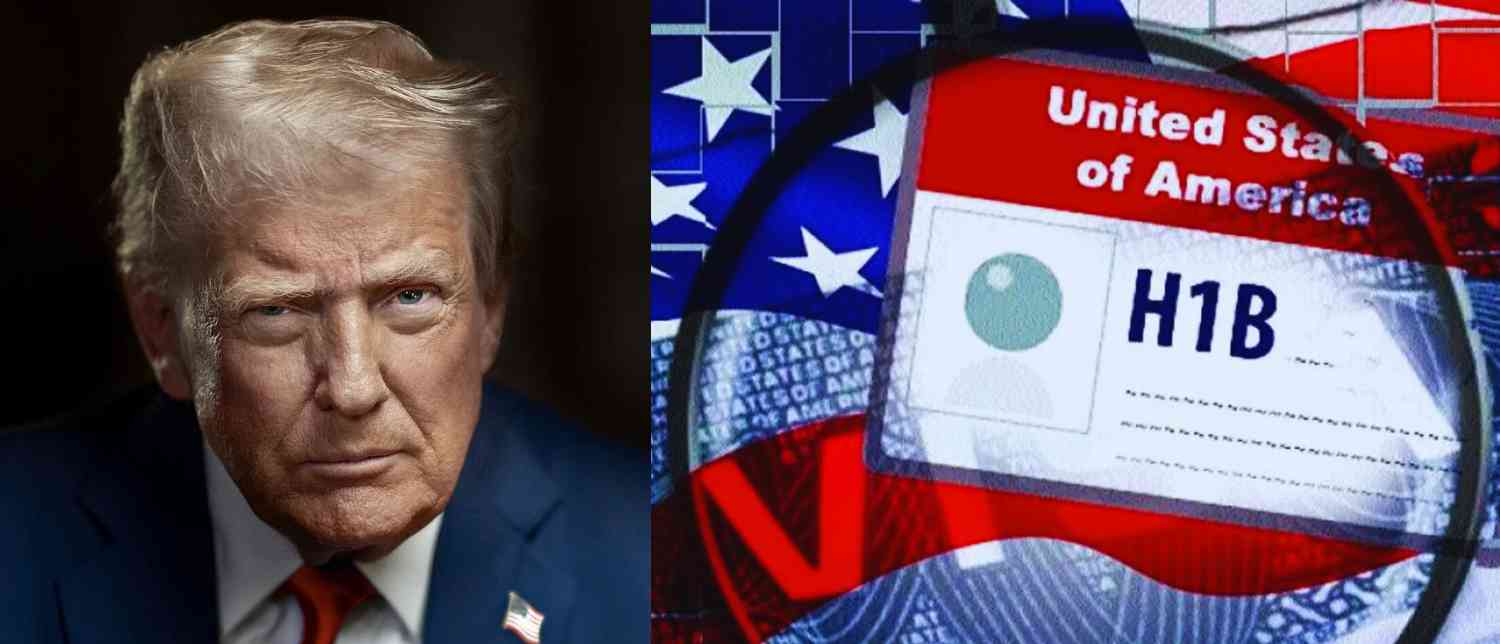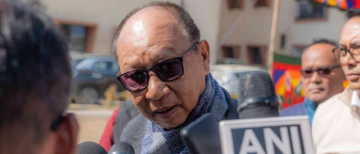US President Donald Trump has recently signed an executive order imposing a steep new fee of $100,000 (approximately 88 lakh rupees) on H-1B visa applications, a move that could significantly reshape the American tech and science industries. The H-1B visa program has long been a key pathway for US companies to hire skilled foreign workers, especially in information technology and science sectors. This drastic fee hike is said to be aimed at curbing what the administration calls "systemic abuse" of the visa program and promoting the hiring of American workers. However, the impact of this change is complex and worth examining from multiple perspectives.
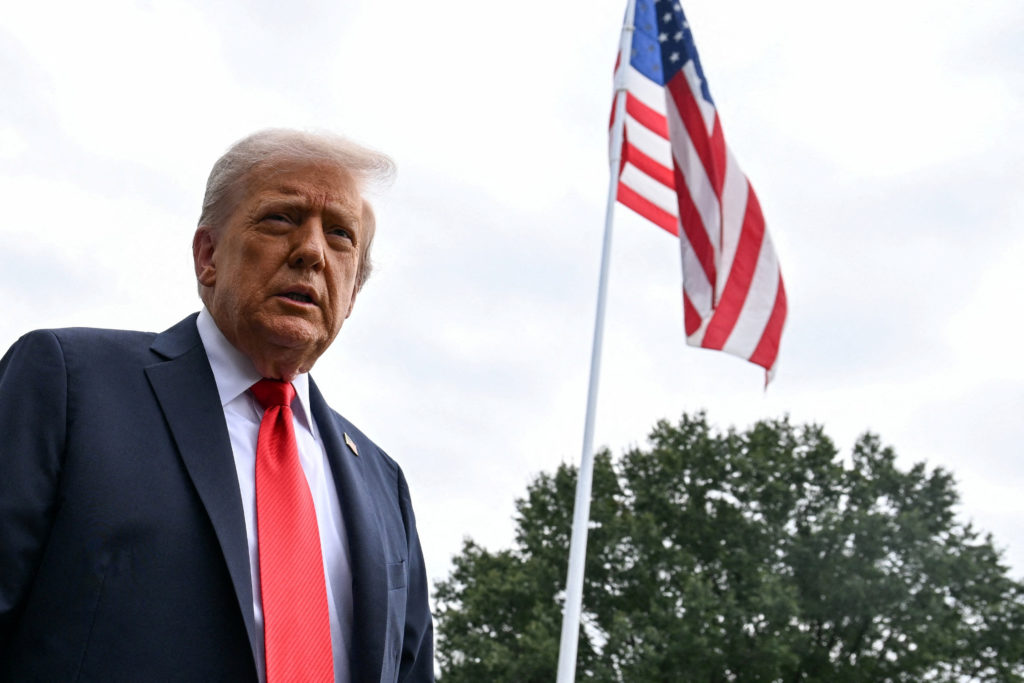
The H-1B visa program allows US companies to hire foreign professionals in specialized occupations for temporary periods. Traditionally, the program has been crucial for filling roles in tech companies like Amazon, Microsoft, Google, and TCS, where qualified American workers are in short supply. Before this order, fees for H-1B visas ranged from about $1,700 to $4,500 depending on various administrative costs, but the new fee adds a massive cost of $100,000 per visa application. This fee is likely to make the program prohibitively expensive for many companies, especially startups and mid-sized firms, potentially limiting their ability to hire global talent.
Critics argue that the $100,000 fee could damage the US tech and science sectors by drastically reducing the pool of foreign workers who contribute to innovation and development. Indian professionals, who represent over 70% of H-1B visa recipients, are particularly affected by this policy. Many technology companies depend on foreign experts not only for advanced technical roles but also for junior and mid-level positions critical to project delivery and skills development. The new fee may push companies to be far more selective, favoring only highly experienced seniors, and thus limit opportunities for younger skilled talent to gain experience in the US. This could slow the replenishment of the tech workforce and hinder long-term growth.
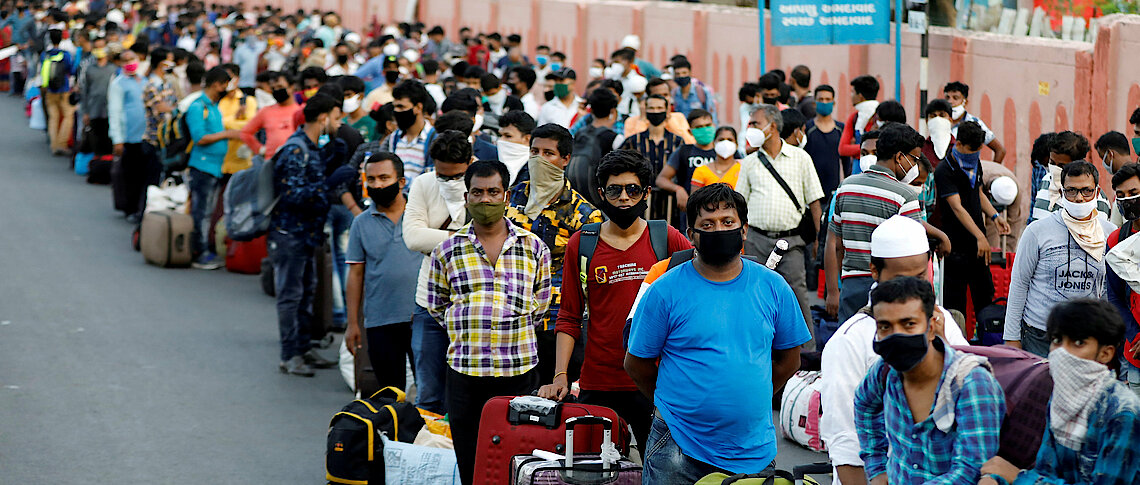
On the other side, proponents of the policy argue that it aims to protect US-born workers by ensuring companies pay higher wages and reduce reliance on lower-cost foreign labor. The administration emphasizes that the fee will deter "trainee" positions that pay less and instead prioritize hiring genuinely highly skilled and well-paid workers. Commerce Secretary Howard Lutnick has stated that the fee is designed to raise wage standards and curb misuse of the visa system, encouraging companies to invest in training and employing American workers. This could theoretically strengthen the US labor market and reduce wage suppression concerns.
However, many experts, business groups, and tech leaders warn that such a steep fee may have unintended consequences rather than the intended benefits. The policy could push talented global professionals to other countries with more welcoming immigration policies. It could also force companies to automate more roles or shift operations overseas, ultimately weakening the US advantage in technology and science innovation. Smaller and newer companies might struggle to afford the new costs, reducing competition and dynamism in the market. Additionally, diversity and international collaboration in STEM (science, technology, engineering, and mathematics) fields could suffer.
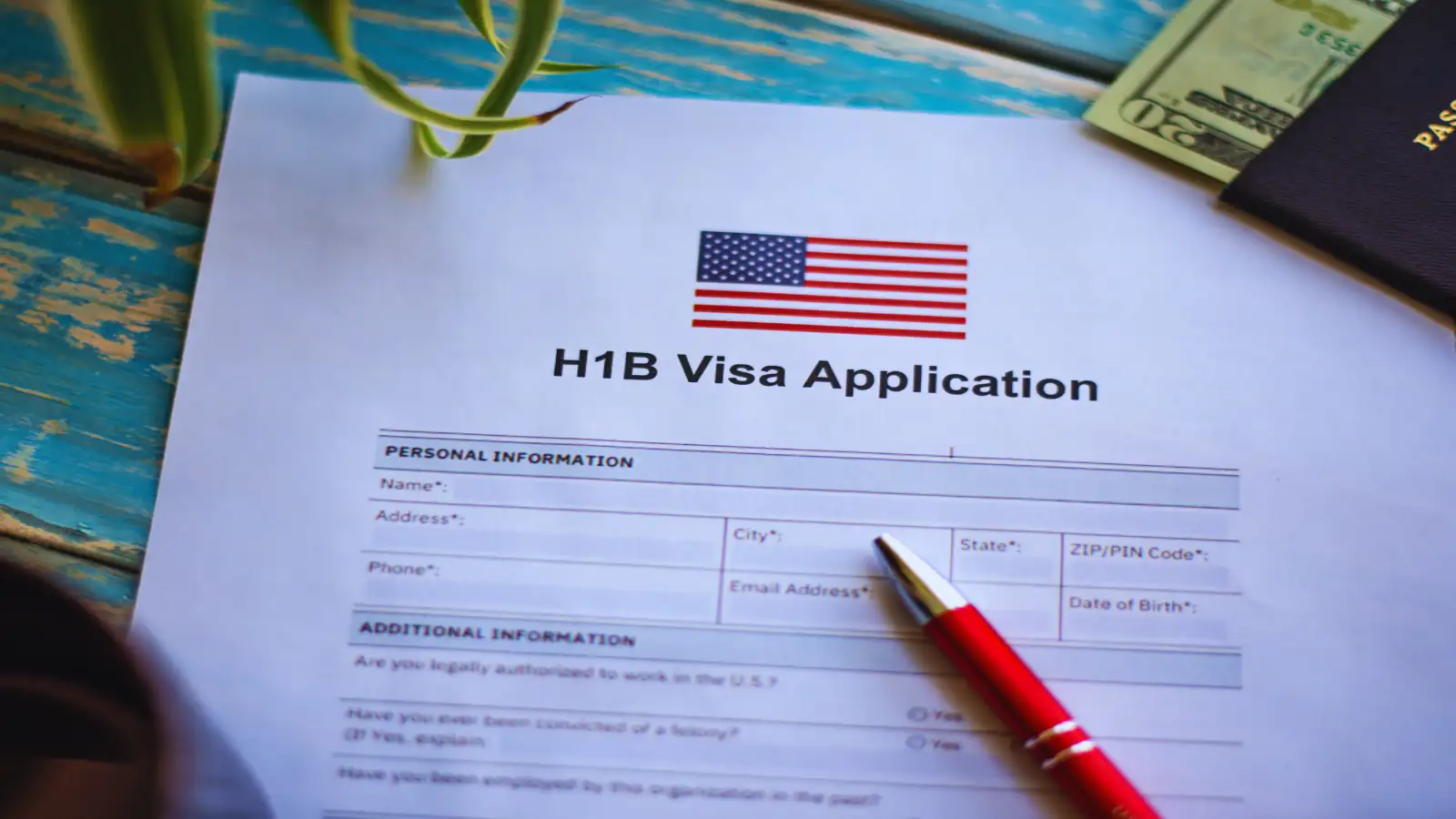
Recent data show that H-1B visa applications for the fiscal year 2026 have dropped to about 359,000, a four-year low, suggesting that stricter rules and rising costs are already impacting demand. Major recipients like Amazon, Microsoft, and TCS have large proportions of their workforce on H-1B visas, and this policy will force them to reconsider hiring strategies. While the fee is expected to be in effect for 12 months initially, its long-term extension or modification remains uncertain.
In summary, while the Trump administration’s $100,000 H-1B visa fee seeks to reform the visa system by addressing alleged abuses and supporting American workers, it poses significant risks for the US tech and science industries. The fee could restrict access to skilled foreign professionals, hinder innovation and workforce growth, and push companies to rethink their hiring and operational models. Vigilance is required to balance protecting domestic labor markets and maintaining the US’s position as a global leader in technology and science through open talent flows. How this policy evolves and is implemented will be critical in shaping the future of American tech and scientific progress.
With inputs from agencies
Image Source: Multiple agencies
© Copyright 2025. All Rights Reserved. Powered by Vygr Media.

